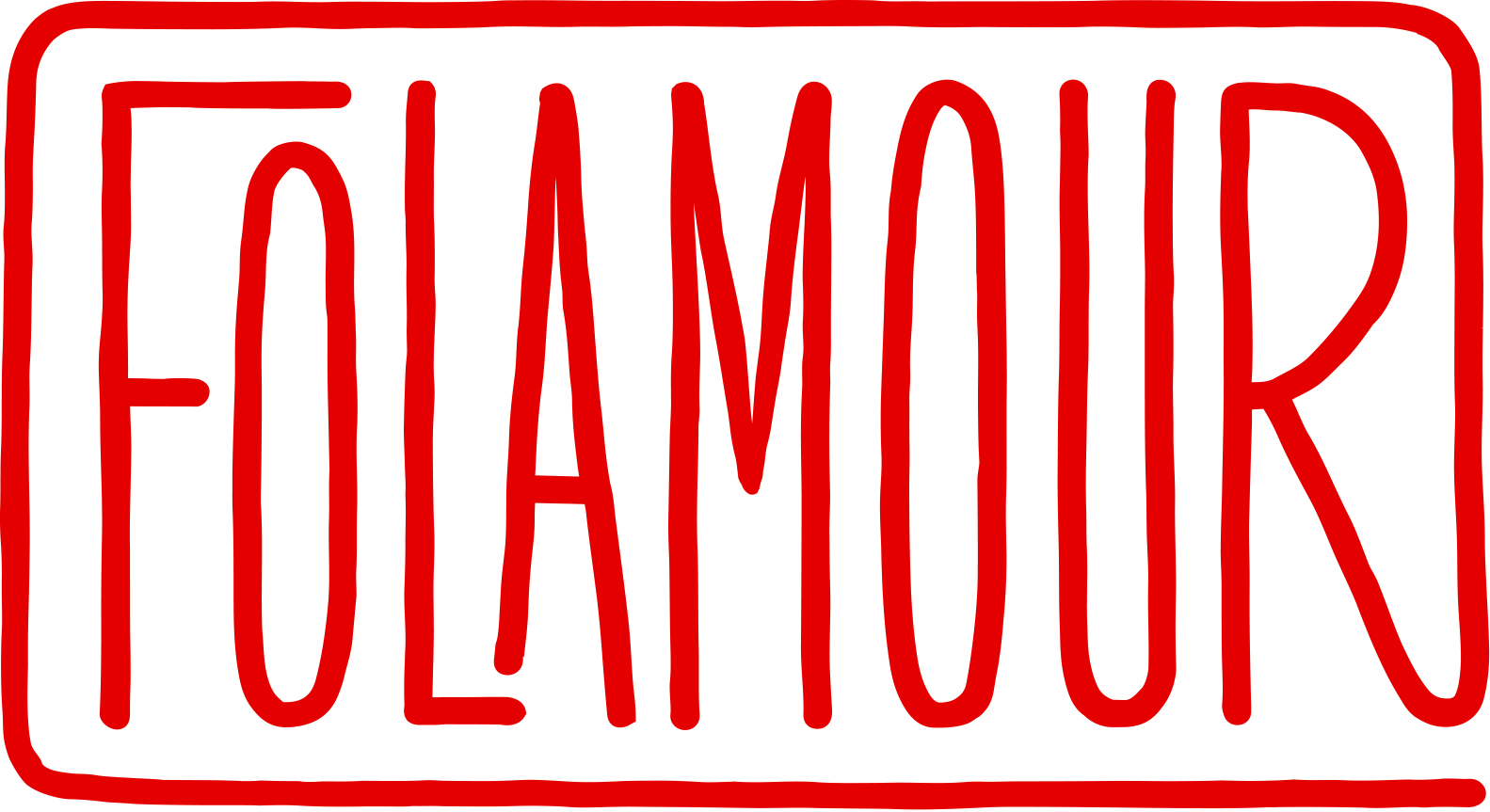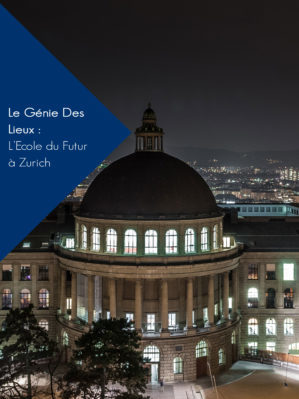THE GENIUS LOCI: THE SCHOOL OF THE FUTURE IN ZURICH
| Directors |
Vassili Silovic and Antoine de Gaudemar |
| Writers | Antoine de Gaudemar and Vassili Silovic |
| Original score |
Etienne Bonhomme, Pierre Fruchard |
| Image | Valentin Caron |
| Sound | Laurent Malan and Guillaume Valeix |
| Editing | Barbara Bascou and Gordana Othnin-Girard |
| Length | 52′ |
| Format | HDCam, 16/9e |
| Versions | French and English |
| Copyrights | Folamour – ARTE France – 2017 |
| Broadcaster | ARTE |
Protagonists :
- Andreas FISCHLIN, ecologist, professor at ETH Zurich
- Lino GUZZELLA, Chairman of ETH Zurich
- Nicolas HULOT, Chairman of the Nicolas Hulot Foundation
- Alfredo BRILLEMBOURG, architect, professor at ETH Zurich
- Hubert KLUMPNER, architect, professor at ETH Zurich
- François WALTER, historian
- Raffaele MEZZENGA, Professor of Materials Science, ETH Zurich
- Sreenath BOLISETTY, chemical engineer, collaborator of Raffaele Mezzenga
- Matthias KOHLER, architect, professor at ETH Zurich
- Sonia SENEVIRATNE, climatologist, professor at ETH Zurich
- Reto KNUTTI, climatologist, professor at ETH Zurich
- Raffaello d’ANDREA, engineer, professor at ETH Zurich
- Nicola SPALDIN, professor of Materials Science at ETH Zurich
Zurich, the economic and financial capital of Switzerland, is home to one of the top ten schools in the world: the Swiss Federal Institute of Technology in Zurich, the ETHZ in German. The school has 21 Nobel prizes in physics, chemistry and medicine, the most famous of which is Albert Einstein. Founded in 1855 to train the engineers and architects who would build modern Switzerland, ETHZ has become a leading centre for scientific and technological research. This mix of basic research and advanced engineering is at the core of its identity.
The school’s motto, “Here begins the future”, designates the ambition of ETH to contribute to the collective invention of the future. In the late 1980s, ETHZ was the first in Europe to create a department of environmental sciences. In the face of a global crisis, ETHZ doesn’t intend to shut itself up its ivory tower but it is determined to tackle the great challenges of the 21st century with the peaceful weapons of science and technology: how to feed nine billion people in 2050? How to reduce the waste of natural resources? How to create liveable cities in the future? How to end fossil energies? How to effectively fight against climate change?
At ETHZ, the answer to these questions lies in the research laboratories of the School and in society’s direct involvement, whether through field experiences, the creations of start-ups (330 in 20 years!) or high level experts sent to international organizations. But what is the real power of science in a rapidly changing world? And how do we measure today the influence of a great scientific school?


 EN
EN FR
FR